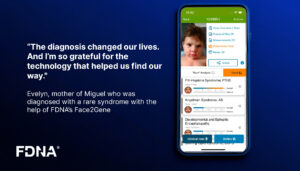September 20, 2019
Science Magazine
- “As artificial intelligence becomes a standard laboratory tool, scientists are quickly discovering both the promise and perils of algorithmically driven research. Artificial intelligence (AI) is cropping up everywhere these days, according to major news sources that are themselves increasingly driven by computer algorithms. Machine learning algorithms running on neural networks are often called deep learning systems, to distinguish them from other approaches such as statistical correlation.”
The article delves into the concept of ‘sleep’ in robots and AI systems, exploring how these technologies use downtime to optimize their performance. When not actively engaged, AI algorithms can undergo processes akin to human dreaming, such as self-repair, data organization, and learning enhancement. This nocturnal activity allows robots to improve their algorithms, refine their functions, and adapt better to new tasks. The article highlights the importance of these processes for the advancement of AI, making machines more efficient and smarter in their operations.


